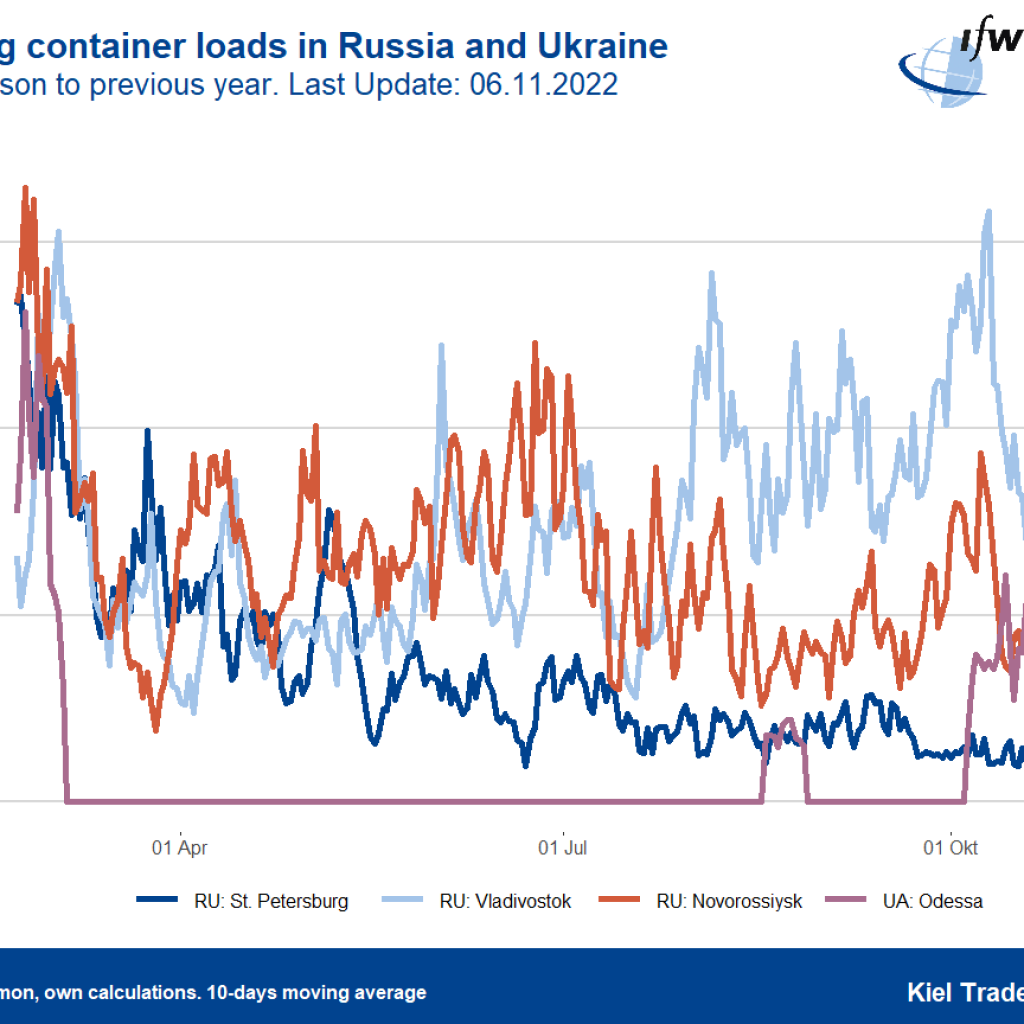Still reeling from the shockwaves of the FTX collapse, the cryptocurrency market faces ongoing scrutiny and calls for regulatory oversight. Rostin Behnam, chairman of the Commodity Futures Trading Commission (CFTC), recently emphasized the urgent need for a comprehensive regulatory framework to safeguard investors and stabilize the volatile market.
During a seminar at Georgetown University, Behnam, addressing the persistent risks in the cryptocurrency sector, conveyed a stark warning. He stressed that the market conditions have remained unchanged since the FTX debacle, keeping the door open for similar incidents. This statement mirrors his previous testimony before the Senate Banking Committee in December 2022, highlighting the lack of comprehensive regulation in the digital commodity market.
Behnam’s comments come in the wake of Sam Bankman-Fried, former CEO of FTX, being found guilty of defrauding investors, causing billions in losses. This event shook investor confidence and divided Congress, with some members advocating for stringent regulations. In contrast, others called for measures to curb illegal uses of cryptocurrency, like money laundering and sanction evasion.
Furthermore, Behnam pointed out the dynamic shifts in the cryptocurrency market since its surge at the beginning of the pandemic. He acknowledged the changes but maintained that the fundamental risk factors still need to be addressed.
The House Financial Services Committee, in response to these concerns, has taken steps forward. Over the summer, it approved two crucial pieces of legislation to establish a regulatory framework for cryptocurrencies and stablecoins. However, these bills are in a holding pattern, awaiting further action by the full House and the Senate’s endorsement. Behnam underscored these legislative efforts’ importance, implying that the bills’ potential impact would be significantly limited without Senate support.
In his remarks, Behnam reiterated the CFTC’s limited authority in comprehensively regulating the digital commodity market. He emphasized that empowering regulatory bodies like the CFTC is essential to prevent future crises akin to the FTX collapse.
The CFTC’s call for regulatory action highlights the delicate balance regulators must strike. On one hand, they need to protect investors and maintain market integrity. Conversely, they must foster innovation in a rapidly evolving financial landscape. As the cryptocurrency market evolves, a robust and adaptive regulatory framework becomes increasingly critical.
This ongoing debate underscores the complexities and challenges in regulating a digital economy that defies traditional financial boundaries. As the situation unfolds, stakeholders from all sectors are keenly observing how legislative and regulatory actions will shape the future of cryptocurrency and blockchain technology.
CFTC’s stance reflects a growing consensus among financial regulators worldwide. There is a pressing need for coherent and effective regulatory frameworks to manage the risks and opportunities presented by digital currencies. As the market evolves, the actions taken today will have far-reaching implications for the future of finance and investment.





